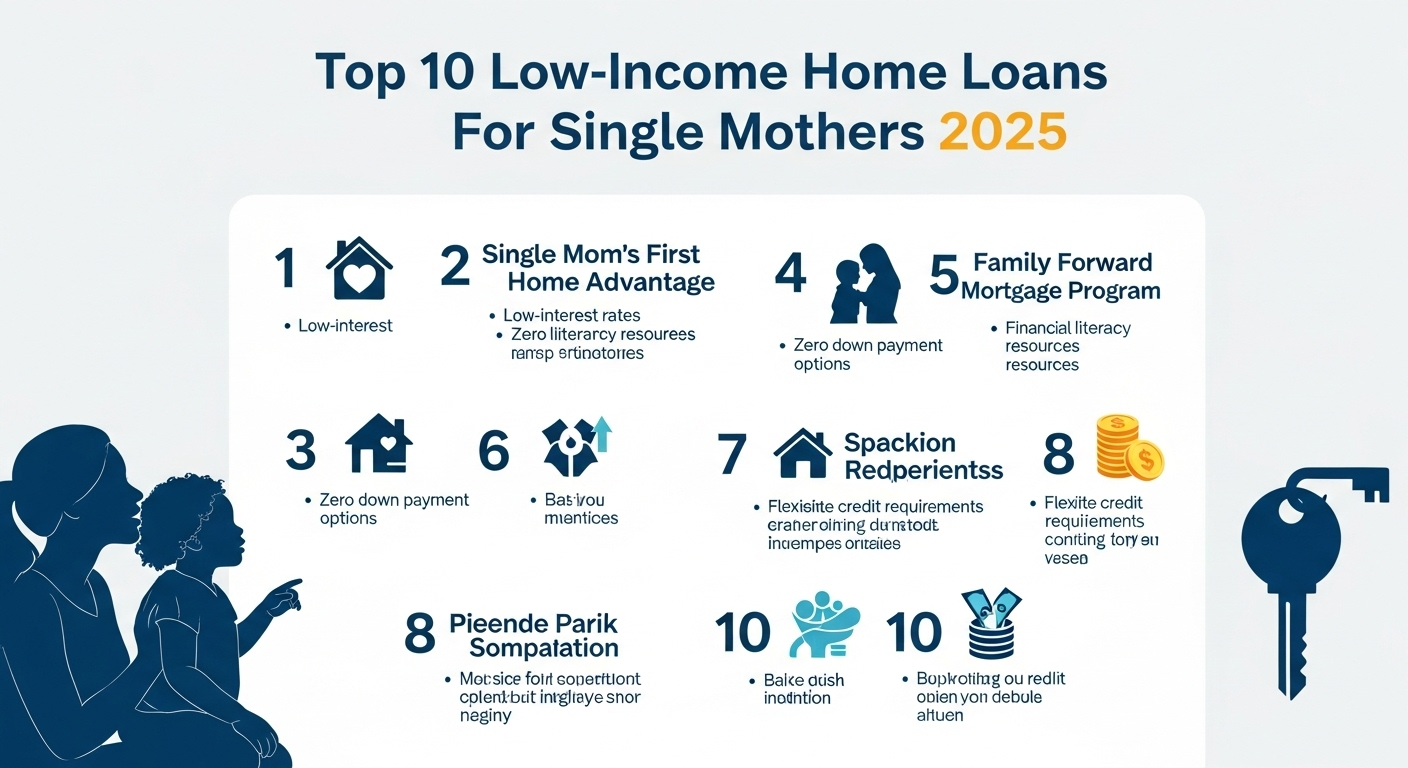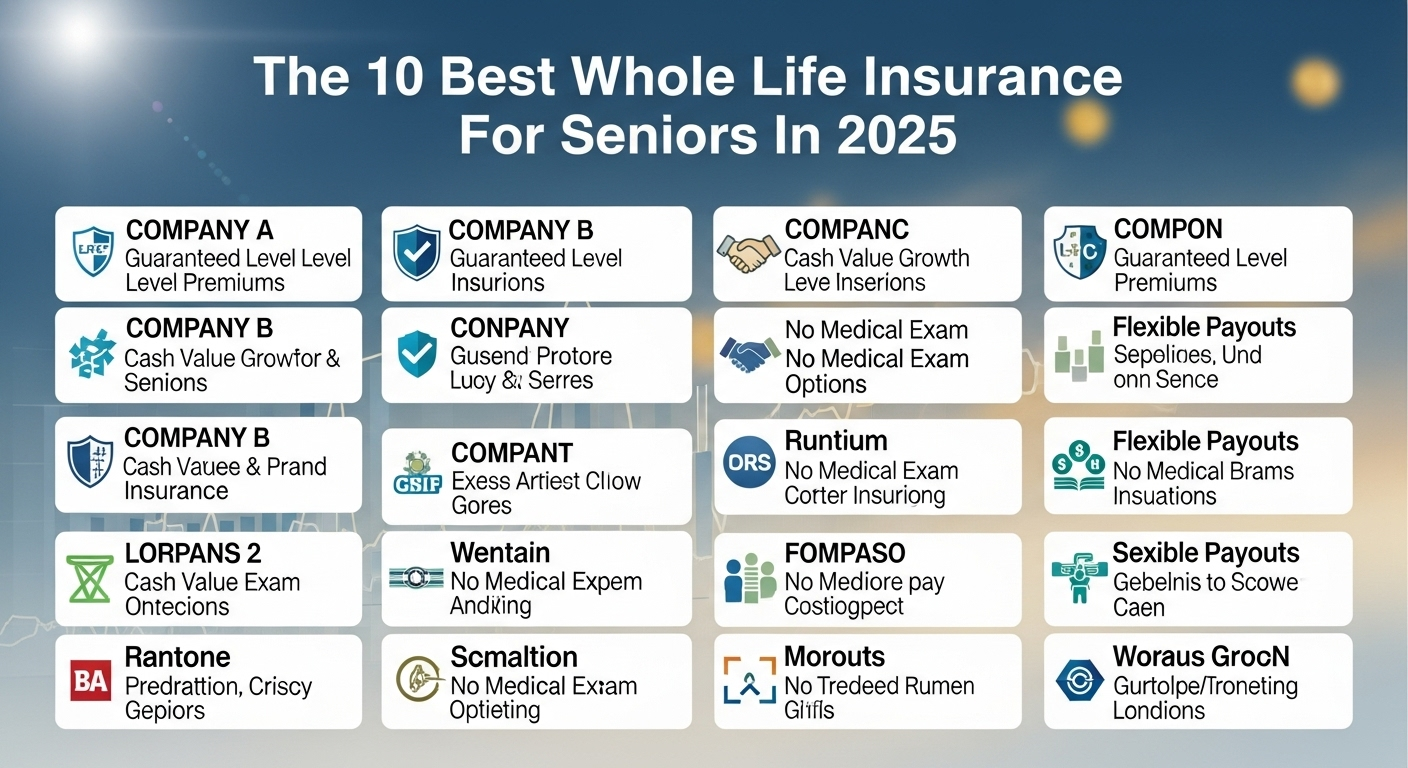
Let’s talk frankly about something that can feel a bit heavy. Life insurance. The need for it doesn’t just disappear when you retire. In fact, for many seniors, it becomes even more important. It’s not about replacing a huge income anymore. It’s about something much more personal: peace of mind.
It’s about knowing that your final expenses, like a funeral or any leftover medical bills, won’t become a burden on your children. It’s about leaving a small, thoughtful gift for a grandchild. It’s about tying up loose ends with dignity.
But then comes the big hurdle. The thought of a medical exam. For many seniors with pre-existing health conditions, the idea of needles, tests, and facing potential rejection is more than enough to make them give up before they even start. I understand that completely.
The good news is, the insurance world understands this too. A whole category of “no medical exam” life insurance exists for this exact reason. But here’s the honest truth, it’s not a magic solution. It’s a specific type of policy designed for a specific need, and understanding the trade-off is the key to making a smart decision, not a panicked one.
What Does “No Medical Exam” Really Mean? The Two Key Types
Before we get to any names, it’s crucial you understand this. “No medical exam” life insurance for seniors isn’t one single thing. It generally falls into two very different categories.
1. Simplified Issue Life Insurance. This is the first and better option if you can get it. There is no physical exam, but there *are* a few health questions. They’ll ask about your recent medical history. Things like, “Have you been treated for cancer in the last two years?” or “Are you currently in a nursing home?”. If you’re in reasonably okay health for your age and can answer “no” to these key questions, you can often get coverage that starts immediately and is less expensive than the alternative.
2. Guaranteed Issue Life Insurance. This is what most people think of. There is no exam and there are absolutely no health questions asked. If you meet the age requirements, you cannot be turned down. This sounds perfect, but it comes with two major trade-offs. First, it is the most expensive type of life insurance per dollar of coverage. Second, almost all of these policies have something called a “graded death benefit.” We will talk more about that in the FAQs, but it’s very important to understand.
Our Look at 7 Strong Options for Seniors in 2025
Now, let’s look at some of the companies that have historically been strong, reliable players in this specific space. This isn’t a ranked list, as the “best” depends entirely on your age, state, and health. This is a starting point for your research.
One: Mutual of Omaha. This is a name you’ve probably seen or heard before. They are a staple in the senior market and have been for a very long time. They are well known for their simplified issue whole life policies. If you can qualify by answering a few health questions, they often provide very competitive rates and coverage that begins on day one. Their stability and reputation are their biggest selling points.
Two: AIG. As a massive global insurance giant, AIG offers guaranteed issue whole life insurance. This is the “no questions asked” option. Because it is guaranteed acceptance, it’s an excellent choice for seniors who might have significant health issues that would disqualify them from other policies. The key is to fully understand their graded death benefit period.
Three: Gerber Life. You might know them from their “grow up plan” for children, but they offer policies for adults and seniors too. Their guaranteed life insurance product is straightforward and easy to understand, making it a comfortable choice for those who want a simple process. The brand is familiar and often trusted by families.
Four: Aflac. You know them from the duck commercials. Aflac also offers final expense life insurance that can be a good fit. They often offer simplified issue policies where you might be able to get coverage with just a few health questions answered over the phone or online. They focus on making the process as painless as possible.
Five: Foresters Financial. This is an interesting one because they are a fraternal benefit society, not just an insurance company. This means that along with the policy, members often get access to other benefits and community programs. Their policies can be competitive, and the added community aspect appeals to many seniors. Making wise financial choices is a form of personal development, a journey you can get more insight on at Liittle Wonder.
Six: Americo. Though not as famous as some of the other names on this list, Americo often provides very competitive rates in the final expense market. They have various simplified issue products that can cater to different health profiles, so working with an independent agent to compare their options can be very beneficial.
Seven: Transamerica. Another large, well-established company, Transamerica offers solutions for final expense planning. Their long history and financial stability are major draws, providing confidence that the company will be there when your family needs it. Many of their products are aimed directly at covering final costs, as is commonly reported on by financial news outlets like Reuters when discussing estate planning.
What to Remember Before You Sign Anything
Choosing an insurance policy is a significant decision. You’re making a promise to your family, and you want to be sure the company you choose will uphold its end of the bargain. Before making a final choice, think about what matters most to you, a process that sites like this one encourage for all major life decisions. Always compare quotes from several different companies, and read the policy details carefully. Don’t be afraid to ask an agent the tough questions.
FAQs: The Real Questions Seniors Are Asking
What exactly is a “graded death benefit”?
This is the most important “catch” of guaranteed issue policies. A graded benefit means if you pass away from natural causes during the first two years of the policy, your beneficiary will not receive the full death benefit. Instead, they will typically receive a refund of all the premiums you paid, plus a certain percentage of interest. If the death is accidental, the full benefit is usually paid from day one. After the two-year period is over, the full death benefit is paid for any cause of death.
Isn’t this type of insurance a waste of money?
It’s not a tool for building wealth; it’s a tool for solving a specific problem: covering final expenses without burdening your family. For a healthy 55-year-old, there are better options. But for a 75-year-old who just wants to make sure there’s enough money for a dignified funeral, it can be a very loving and responsible purchase.
What is the typical cost?
This varies greatly based on your age, gender, and the amount of coverage. However, be prepared that it is more expensive than traditional insurance. For example, a $10,000 guaranteed issue policy for a 70-year-old male could be in the range of $100 to $150 per month. A simplified issue policy would be less expensive if you can qualify.
What happens if I stop paying the premiums?
These are almost always a type of whole life insurance, which means as long as you pay your premiums, the policy remains active for your entire life and the rate will never go up. If you stop paying, the policy will lapse, and the coverage will end. There is no refund of premiums paid if the policy lapses.





